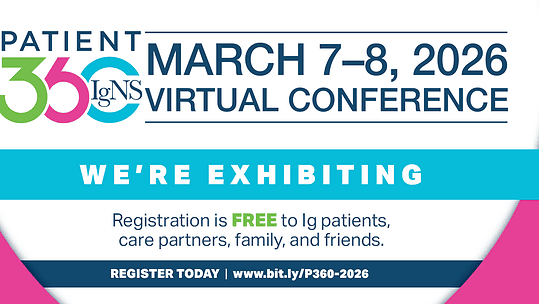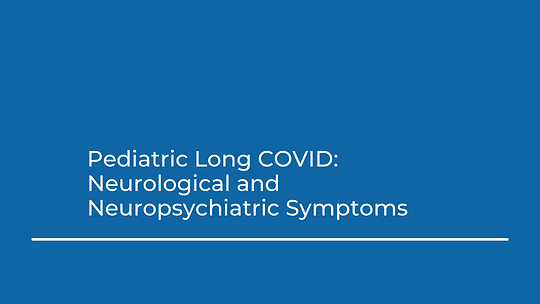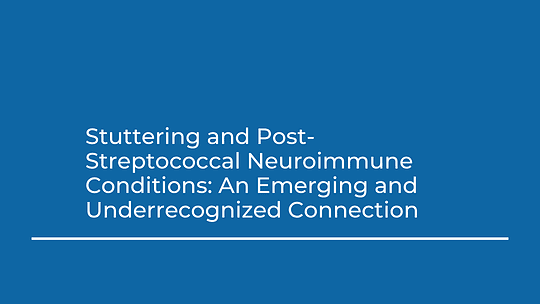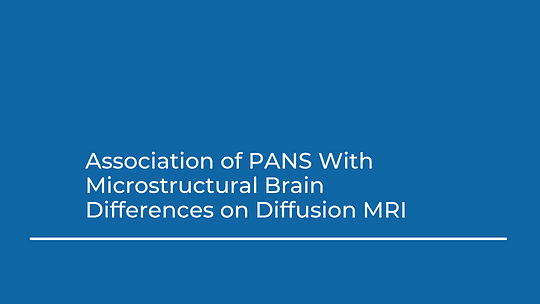
PANS PANDAS Lecture for Ohio Suicide Prevention Foundation
More information will be posted...

IgNS Patient 360 – Virtual Table
The Patient 360 Conference is a free, virtual event created just for patients, families, and caregivers. You’ll get expert-led sessions, real-world tools, and a supportive community to help you...

Pediatric Long COVID: Neurological and Neuropsychiatric Symptoms
Children and adolescents typically experience mild or asymptomatic acute COVID-19. However, a significant subset develop persistent symptoms, commonly termed long COVID or post-COVID condition....

Stuttering and Post-Streptococcal Neuroimmune Conditions: An Emerging and Underrecognized Connection
Fidan T, Ceyhan S, Fidan V. Streptococcal Serology in Children With Stuttering. Ear, Nose & Throat Journal. 2024;104(8):513-515. April 19, 2024. doi:10.1177/01455613241244946 Stuttering and...

Association of PANS With Microstructural Brain Differences on Diffusion MRI
Association of PANS With Microstructural Brain Differences on Diffusion MRI Study: Zheng J, Frankovich J, McKenna ES, et al. Association of Pediatric Acute-Onset Neuropsychiatric Syndrome With...

Nebraska PANS PANDAS Updates
Nebraska PANS PANDAS Coalition is lead by one of ASPIRE’s Nebraska Lead, Grace Troupe. Please contact her directly to become involved in legislative advocacy in Nebraska. Please visit the NE...

Vermont PANS PANDAS Legislative Action
Vermont Legislative Action is lead by Devin Gaskell. Please contact Devin directly to become involved in legislative advocacy in Vermont. You can also follow the Vermont PANS PANDAS Network on...

Iowa Contact Form
Share your contact information to receive updates specific to PANS/PANDAS in Iowa, including news, events, and advocacy efforts. Rest assured, your information will not be sold or shared, and you...

Washington State PANS PANDAS Updates
For up-to-date information on Oregon’s legislative action: Make sure to follow NWPPN’s Facebook page for updates and questions. To contact NWWP directly, please email them – NWPPN’s...

Iowa PANS PANDAS Updates
The deadline to make the first funnel is March 4th. Calls/emails really need to be made by Monday, March 1st as this committee generally only meets on...

